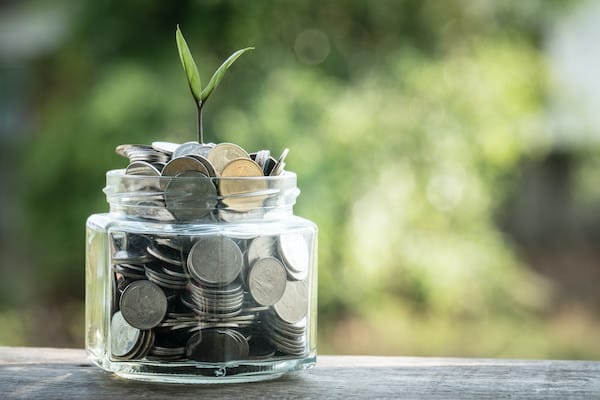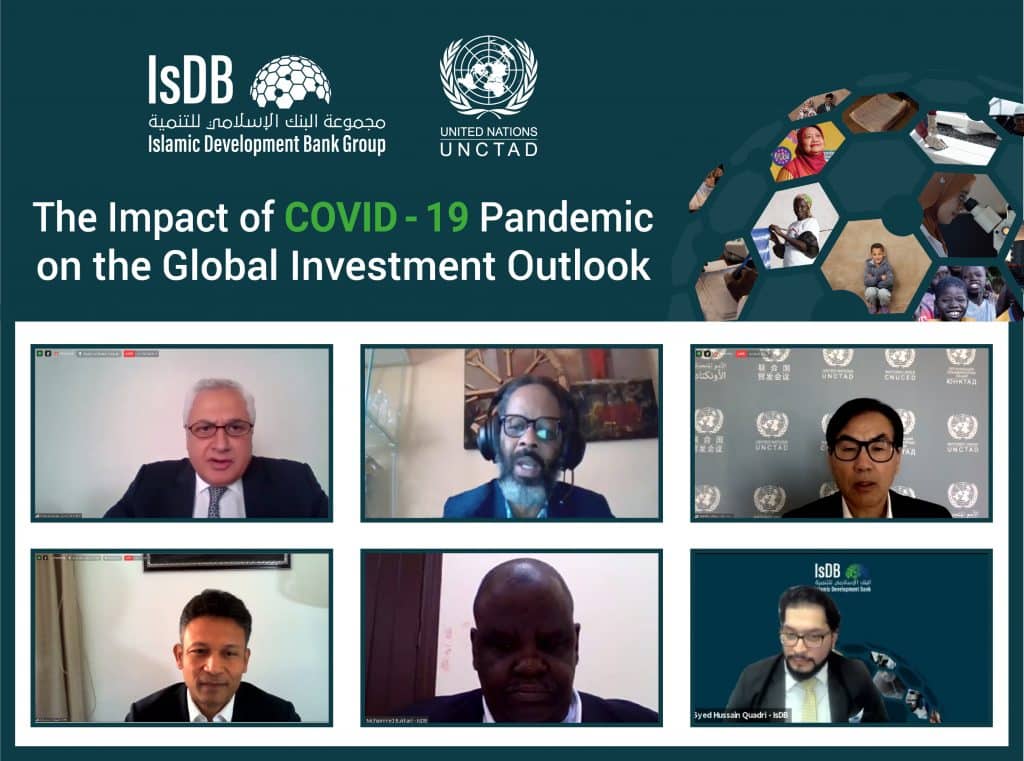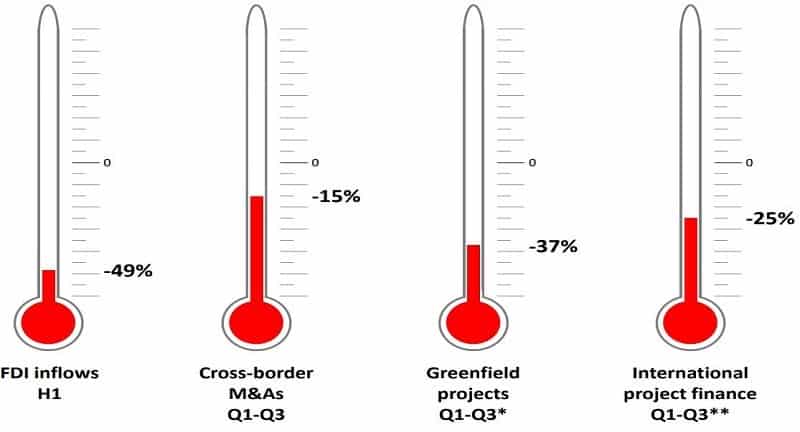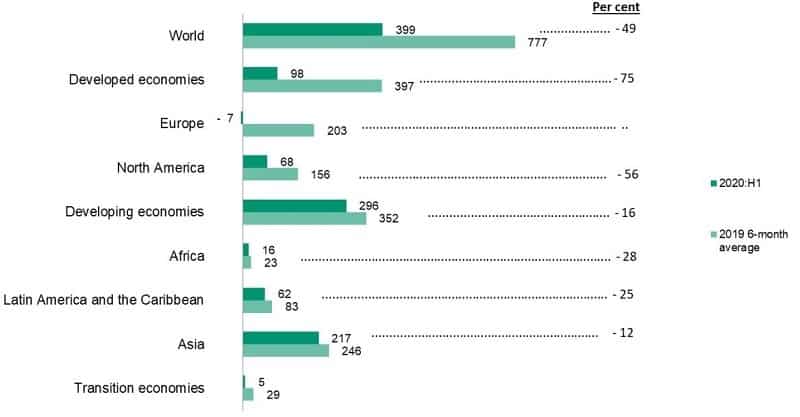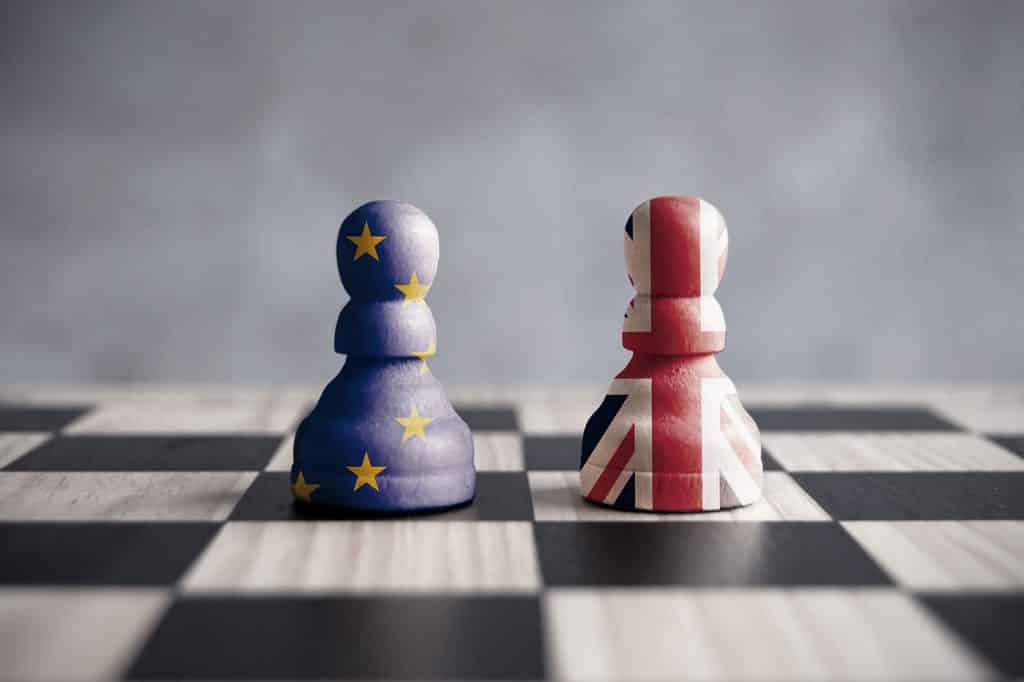Did you know that one in three older people only begin to start retirement planning two years ahead of time? You can see how this can make planning for retirement stressful, confusing, and can leave a lot to be desired. However, this also means you’re not alone and that building wealth in your 40s isn’t impossible.
In fact, it’s never too late to begin building wealth and planning for retirement. However, it’s important that you begin with a strategy that makes sense so that you’re not throwing your hard-earned money away.
Read on to learn how to build wealth in your 40s with our straightforward guide!
Create an Emergency Fund
Since retirement is still years away, it’s important that you start an emergency fund sooner rather than later. This is where you’ll set aside money that you’ll use only in times of emergency. For instance, if you lose your job and need to pay rent, experience a major health issue, or need to do immediate repairs on your car or home.
For emergency funds, it’s recommended to put aside enough money that will cover three to six months of living costs. How much you contribute is your own personal choice. If you have multiple streams of income, you may be able to set aside less.
Deal With Debt
You next need to deal with any debt. With high-interest rates and a tanking credit score, debt can put a hamper on future plans as well as hinder your ability to put money towards retirement if you’re only paying the minimum each month. High-interest debt such as credit cards, loans, and car payments should be dealt with as soon as possible.
Your mortgage payments may be able to remain the same if you’re near the final years of the mortgage. However, it may be helpful to make extra payments towards your mortgage in the early years in order to reduce your interest payments later on.
Retirement Plans
Once you have an ample emergency fund and you’ve handled your debt, it’s time to focus on your retirement plans. Regardless of how you plan to spend your retirement, it’s recommended to maximise your employer contributions. You may also want to consider voluntary contributions because you’ll be able to get tax relief on your contributions up to the limit of £40,000.
If you’ve already made the maximum allowable contributions and are still willing and able to pay more, you still have options with the carry forward allowance. This allows you to use any unused allowances from the previous three years in the current year, as long as you were part of a pension scheme during those years.
If you’re not able to contribute the maximum to your retirement plan currently, we still recommend using a retirement calculator. This helps you visualise your retirement in concrete terms. If you have trouble parting with your income, this may make it easier–you’ll be able to visualise how you’ll be living in 20 or so years!
Limit Risk
Many people feel the need to take on some investment risk because they want to make up for the lost time. This is because the potential returns are higher, though those returns are far less guaranteed. However, it’s important to limit your risk, as you have far less time to recover from losses.
A conservative level of risk would be to invest a percentage equivalent to your age in bonds, while the rest goes into stock. However, it’s important to speak with financial planners or accountants before you even begin making investments. They’ll be able to help you decide on how much to invest as well as the risk you’re able to handle.
Life Insurance
If you don’t have life insurance now, it’s important to get sooner rather than later, as the policies are more affordable the younger you are. Many people have life insurance policies with their workplaces, but if you started with your company years ago, it may be worth speaking with the human resource staff about upgrading your package or policy or add second life insurance.
It’s also important that you add any additional family members or children to your policy. Last but not least, if you don’t go to a doctor every year, you may want to consider no exam policies that aren’t as stringent when it comes to yearly check-ups.
Set Your Priorities
When you start saving for retirement in your 40s, it may feel selfish if you have children or other dependent family members. As your retirement account begins to grow, you may feel the urge to take out some in order to send your children on vacation or help them more with college. However, it’s important to remember that your children still have their lives ahead of them.
As you get older, it’s important that you’re able to help yourself and your spouse. By saving for retirement and making the right financial decisions, your children won’t have to worry about you as you grow older!
How to Build Wealth in Your 40s: Start Planning Today
It’s never too late to start building your wealth or plan for retirement, even when you’re in your 40s. When it comes to financial planning tips, the best takeaway is to start planning your strategy today. For instance, if you don’t have an emergency fund, we recommend starting with this first.
If you lose your job or you need to make sudden medical payments, you’ll be taken care of with an emergency fund to dip into. Next, we recommend taking care of any high-interest debt that impacts your ability to contribute towards your pension.
Maximise your contributions as much as possible, and try to visualise your retirement with the help of a calculator. Now that you know how to build wealth in your 40s, you’ll be well on your way to a comfortable retirement.
Ready to stay on top of the latest banking and finance developments in the world today? Keep reading our finance archive!
